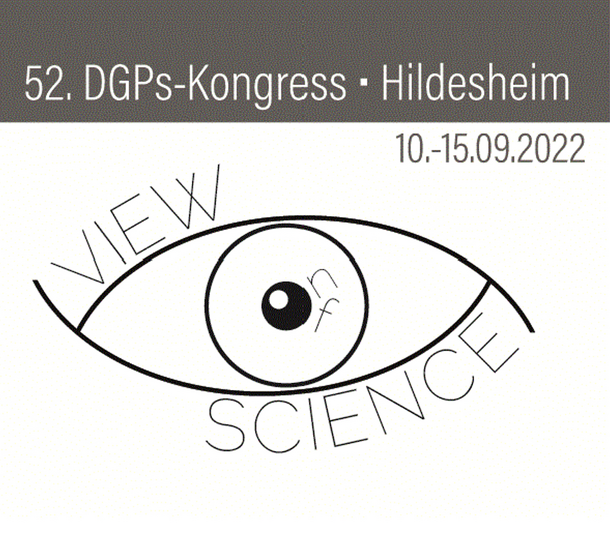In recent years, a robust link between ethically-oriented leadership behavior – such as ethical and servant leadership – and positive outcomes on the relational, team, and organizational level (e.g., trust in supervisor, engagement, OCB) has been established. This symposium brings together five research projects shedding light on the circumstances and processes involved in such relations. More precisely, the contributions to this symposium investigate how (1) the occupational context stimulates newcomers’ moral and prosocial development over time, (2) mindfulness practice may improve leaders’ respectful inquiry (asking open questions and listening attentively), (3) servant leadership stimulates knowledge sharing and reduces knowledge hiding, (4) ethical leadership provides meaning to employees in an organizational transformation, and (5) the perceptions of ethical leadership are shaped by preceding follower behavior.
A particular strength of this symposium is the variety of applied research methodologies: It includes a time-lagged field study, diary studies, experiments, and a longitudinal qualitative interview study. Thus, we will be able to explore the full range of dynamics within and between persons as well as immediate and long-term effects. At the same time, we offer a balanced perspective on ethically-oriented leadership taking into account personal and situational configurations that potentially undermine its effectiveness.
The work presented bears important theoretical and practical implications. Most notably, it challenges simplistic accounts of ethically-oriented leadership and sheds light on developmental processes occurring over time. The implications will be discussed by a scholar and a practitioner.
The following contributions will be presented during the DGPs symposium:
Zwarg, C., Fladerer, M. P., Pircher Verdorfer, A., & Peus, C. (2022, September, accepted). Newcomers’ moral awareness: Understanding the roots of moral and prosocial development in the occupational context.
Nübold, A., Uitdewilligen, S., Hülsheger, U., & van Quaquebeke, N. (2022, September, accepted). How can mindfulness promote leaders’ respectful inquiry? Results of three experimental studies.
Arendt, J. (2022, September, accepted). Servant Leadership and the Exchange of Knowledge in Organizations.
Bormann, K. (2022, September, accepted). How ethical leadership provides meaning to the present and gets the nostalgic to promote change: A conservation of resources perspective.
Van Quaquebeke, N., Korman, J., van Dijke, M., Giessner, S. R., & Tröster, C. (2022, September, accepted). Two Wrongs Don’t Make a Right, or Do They? The Context-Dependency of Third Parties’ Ethical Leadership Perceptions.
In addition, two discussants will be participating: Prof. Dr. Ulrike Fassbender (University Hohenheim) and Dr. Maxim Egorov (MANRES AG).
The symposium is scheduled for Tuesday, September 13, 2022, 8.30 – 10.00 at Bühler Building (University Hildesheim) room L068.
